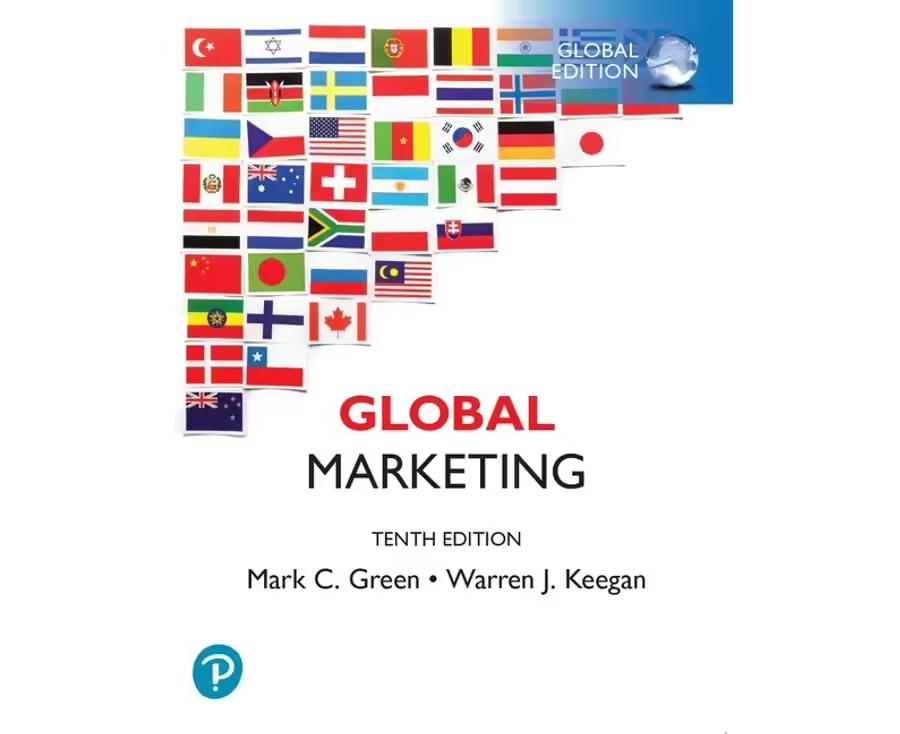Having called the national referendum, Prime Minister Cameron initiated negotiations with EU officials about the future of
Question:
Having called the national referendum, Prime Minister Cameron initiated negotiations with EU officials about the future of the United Kingdom’s continued participation in the regional bloc. His goal was to convince the EU to make certain concessions that would make the “Remain” option more appealing to voters. Among the reforms was a measure to restrict welfare benefits offered to certain EU nationals coming to the United Kingdom.
For the most part, politicians, diplomats, and institutions outside the United Kingdom were lending their voices to the “Remain” argument. For example, U.S. President Barack Obama, plus the leaders of Canada, New Zealand, and Australia, all urged voters to cast “In” ballots. In fact, on a visit to London in April 2016, Obama disagreed with the view that an “Out” vote would allow Britain to play a bigger role in the global arena. In fact, the U.S. president said, being part of the EU actually amplified Britain’s voice around the world.
In lieu of EU membership, several alternative options would be available to the United Kingdom. First, the United Kingdom could retain privileged access to the EU’s single market by joining Iceland, Lichtenstein, and Norway in the European Economic Area (EEA). Second, the United Kingdom could enter into a bilateral free-trade agreement with the EU; Canada has a similar arrangement. As a third option, the United Kingdom could pursue trade with the EU under its current membership in the World Trade Organization.
For the most part, politicians, diplomats, and institutions outside the United Kingdom were lending their voices to the “Remain” argument. For example, U.S. President Barack Obama, plus the leaders of Canada, New Zealand, and Australia, all urged voters to cast “In” ballots. In fact, on a visit to London in April 2016, Obama disagreed with the view that an “Out” vote would allow Britain to play a bigger role in the global arena. In fact, the U.S. president said, being part of the EU actually amplified Britain’s voice around the world.
In lieu of EU membership, several alternative options would be available to the United Kingdom. First, the United Kingdom could retain privileged access to the EU’s single market by joining Iceland, Lichtenstein, and Norway in the European Economic Area (EEA). Second, the United Kingdom could enter into a bilateral free-trade agreement with the EU; Canada has a similar arrangement. As a third option, the United Kingdom could pursue trade with the EU under its current membership in the World Trade Organization.
Those in the “Remain” camp argued that any of these alternatives would result in substantial decrease in the United Kingdom’s GDP.
The U.K. Treasury’s chief economist produced reports on the shortterm and long-term impact of a “Leave” vote, factoring in the various alternatives. George Osborne, the Chancellor of the Exchequer (as the U.K. finance minister is called), said that in the worst-case “Leave” scenario, more than 800,000 jobs could be lost in the long term. In the short term—two years after leaving—520,000 jobs would be lost. The Treasury report estimated that, under the free-trade agreement option, annual economic output would fall 6.2 percent. Thus, by 2030, the average British households would be worse off by an estimated £4,300 ($6,665).
Despite these warnings, some politicians from Cameron’s own Conservative Party broke ranks with the prime minister and his cabinet. Former London mayor Boris Johnson and justice minister Michael Gove, among others, both argued for “Out.”
Despite these warnings, some politicians from Cameron’s own Conservative Party broke ranks with the prime minister and his cabinet. Former London mayor Boris Johnson and justice minister Michael Gove, among others, both argued for “Out.”
Questions
1. If you had been eligible to vote in the referendum, would you have voted “In” or “Out”? What is the basis for your answer?
2. What would it mean for the Unite Kingdom to remain in the “EU customs union”?
3. As this edition went to press, there was uncertainty about whether there would be a “hard exit,” a “soft exit,” or “no exit.” Where do things stand currently?
Fantastic news! We've Found the answer you've been seeking!
Step by Step Answer:
Related Book For 

Question Posted:





